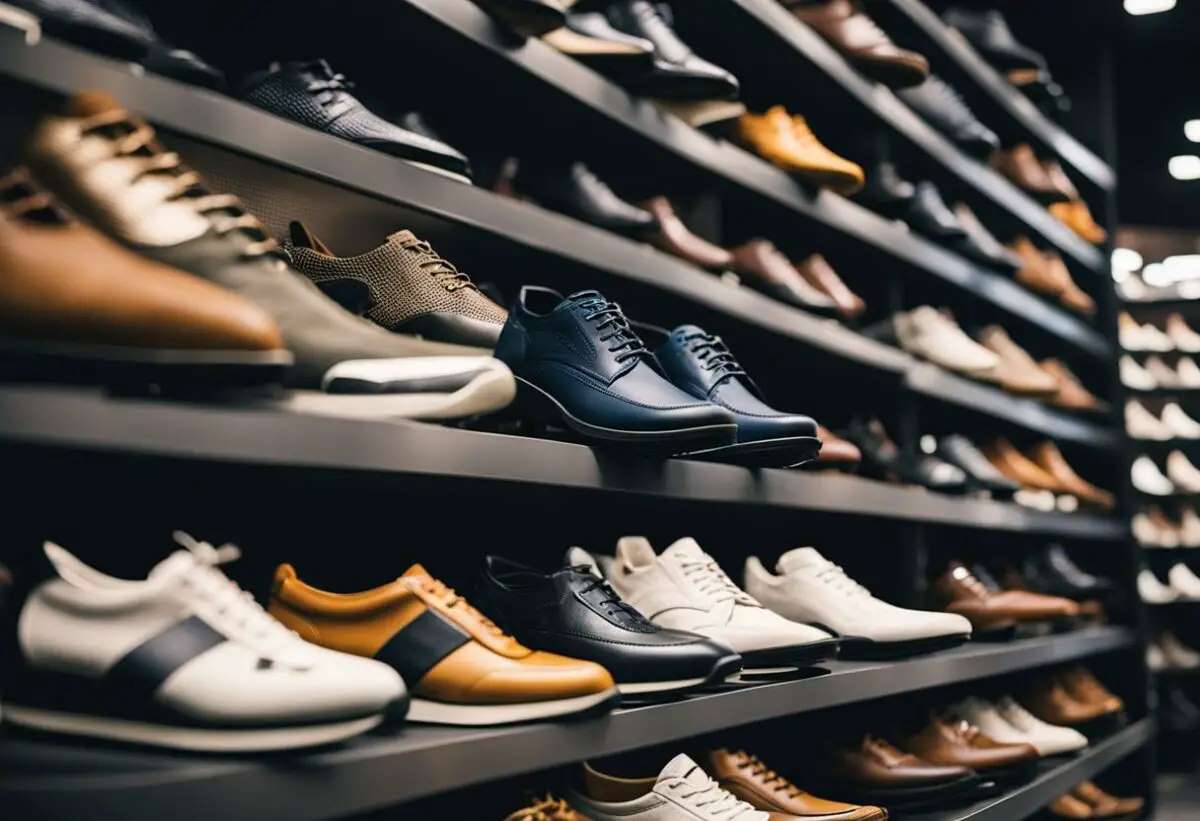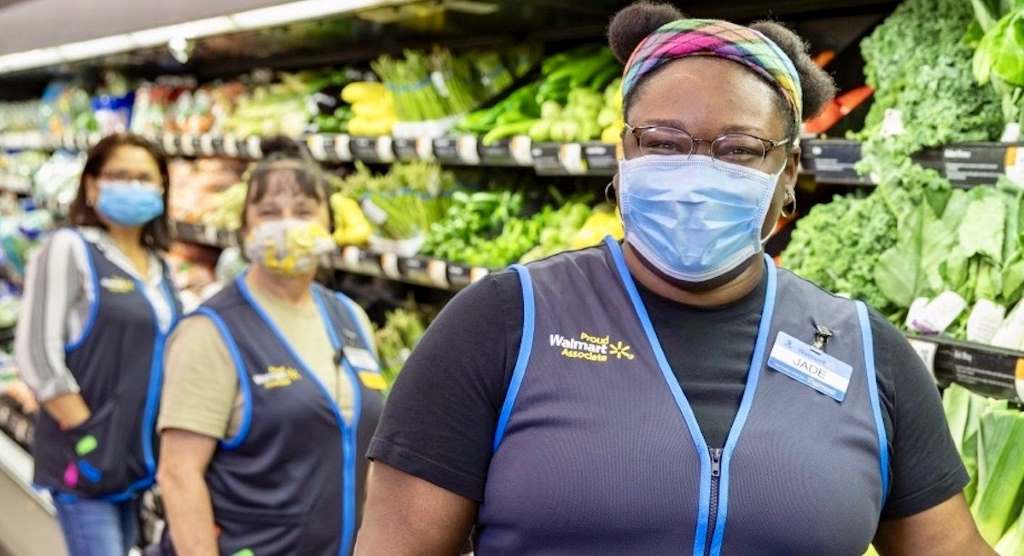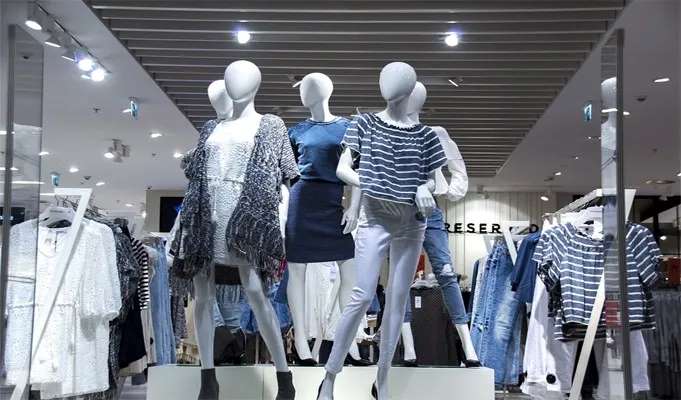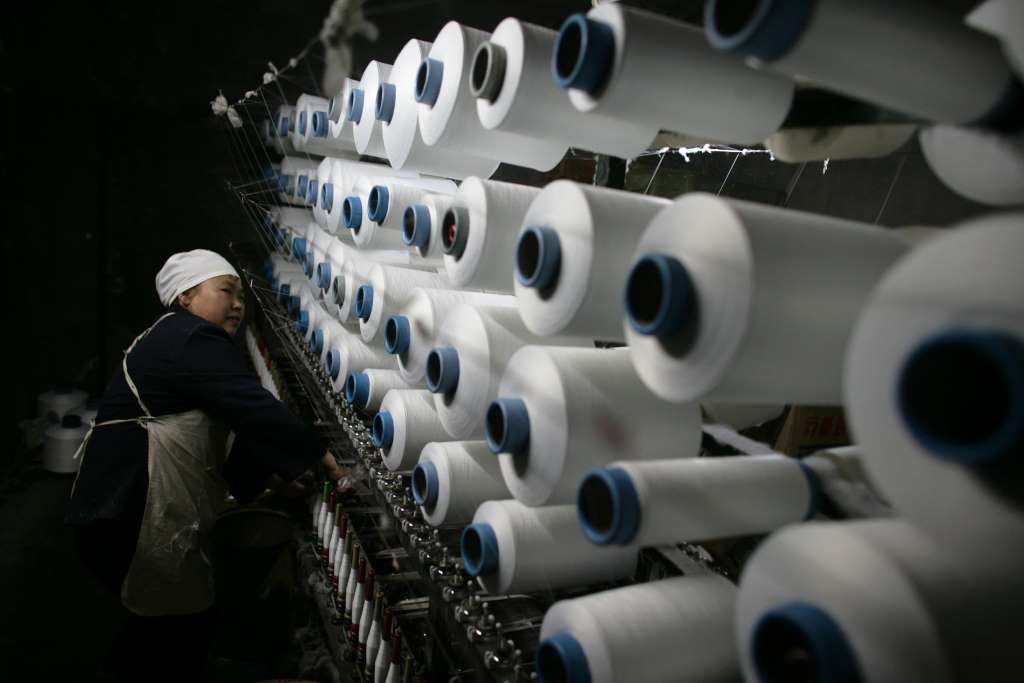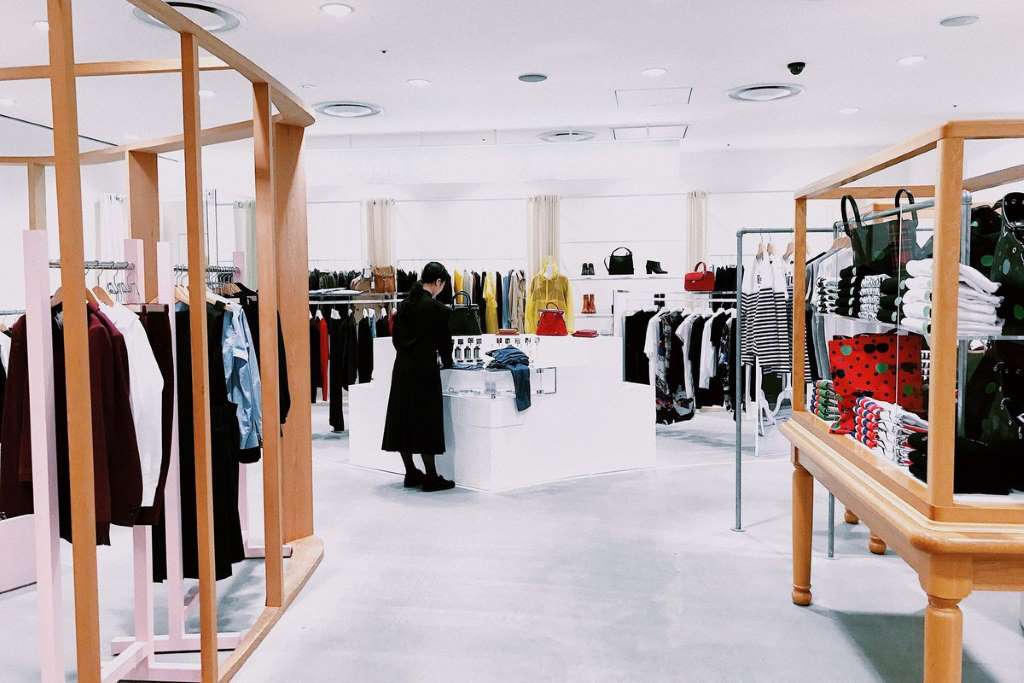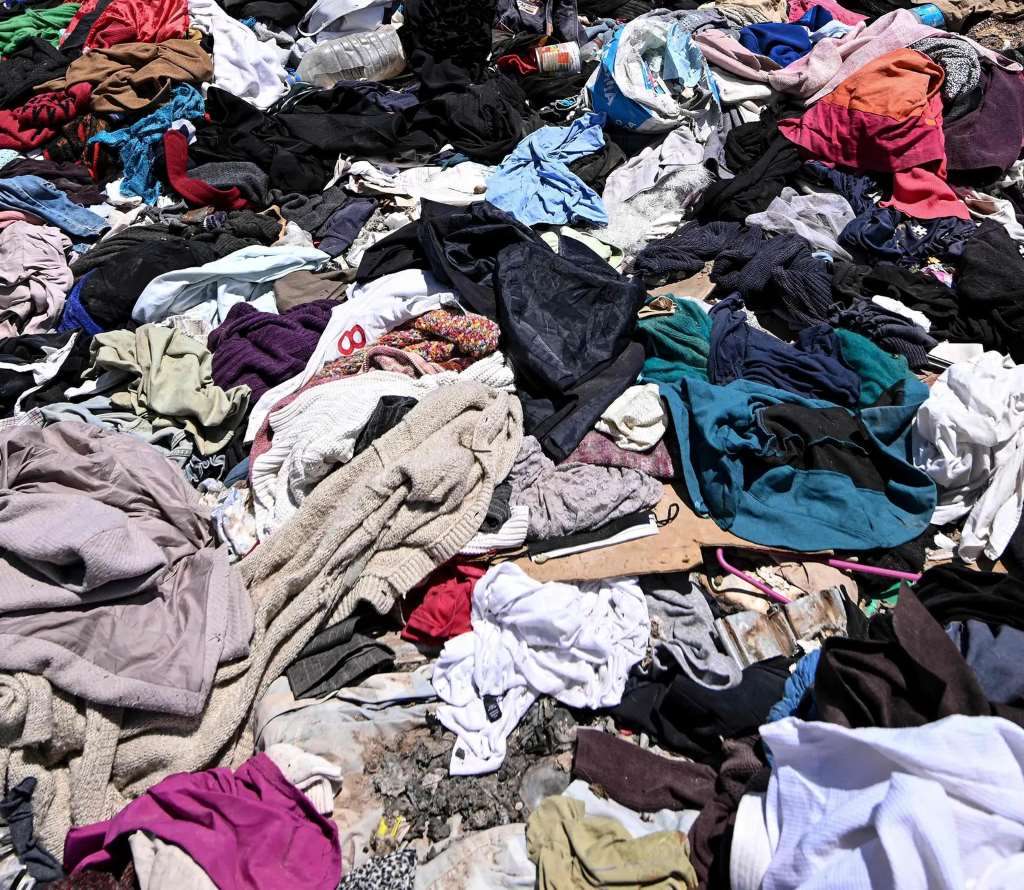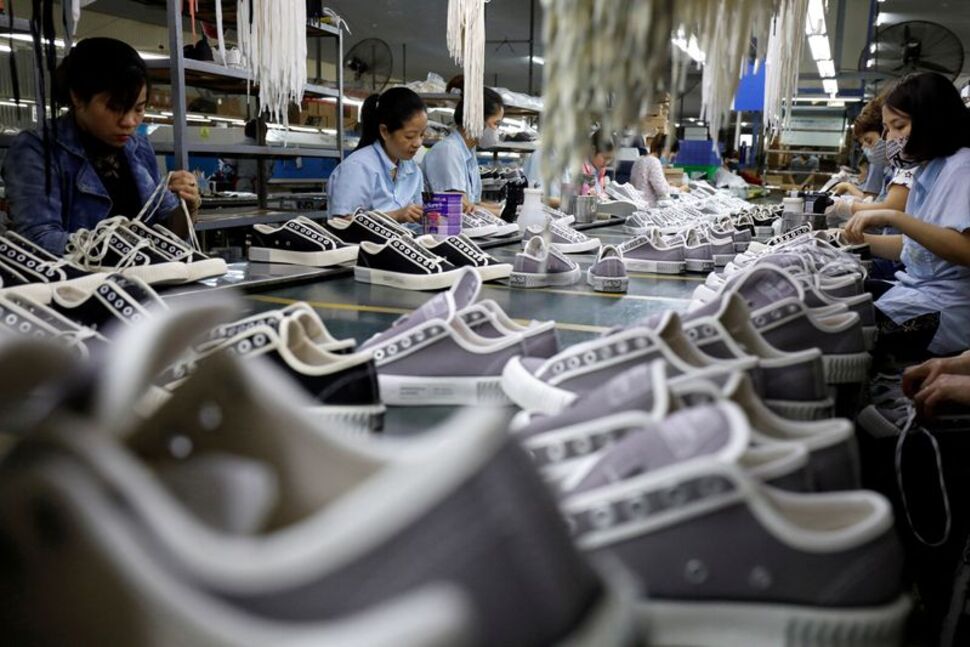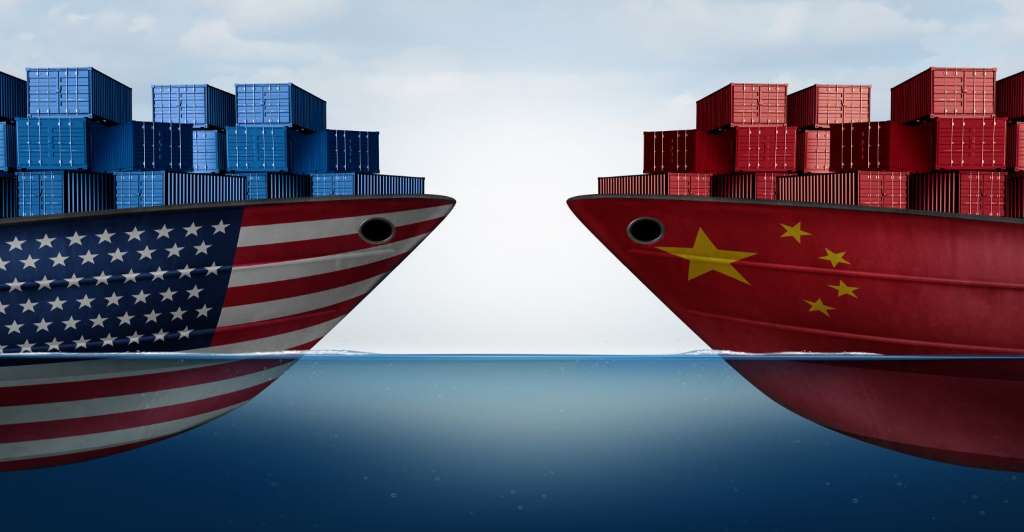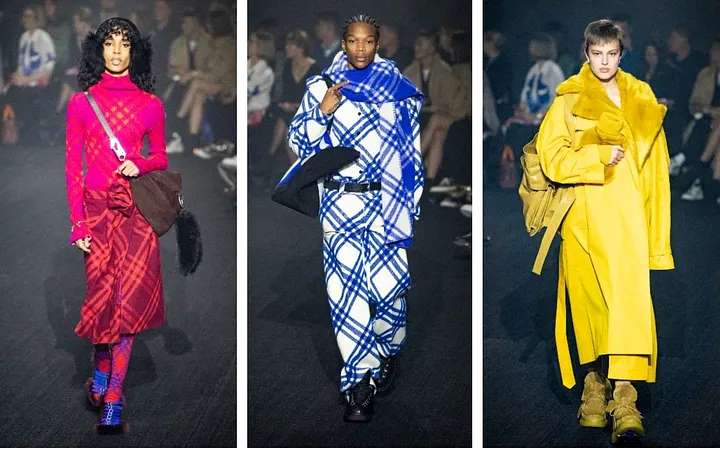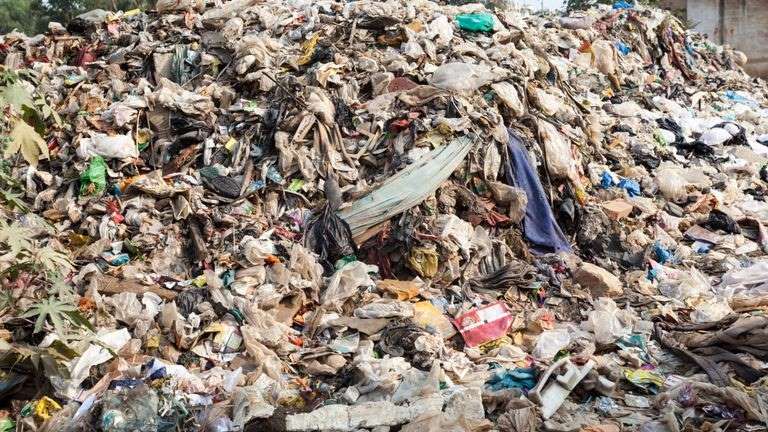FW
India’s cotton exports are projected to increase by approximately 27 per cent to 28 lakh bales during the 2023-24 crop year ending in September. According to the Cotton Association of India (CAI), during the previous 2022-23 crop season spanning October-September, India’s cotton exports totaled 22 lakh bales.
Atul Ganatra, President, CAI, states, the rise in demand for cotton is a result of prices declining to 8-10 per cent lower than international prices from December 2023 to March 2024. India exports its cotton to primarily to countries such as Bangladesh, China, and Vietnam.
CAI also estimates cotton production to remain stable at 309.70 lakh bales during the April 2024 season at 309.70 lakh bales. However, this figure is lower than the 318.90 lakh bales produced in the prior season.
The total cotton supply by the end of April 2024 is projected to be 315.86 lakh bales. This includes 281.96 lakh bales from pressing, 5 lakh bales from imports, and an opening stock of 28.90 lakh bales.
Cotton consumption up to April 2024 is estimated to be around 192.50 lakh bales, with exports pegged at 21.50 lakh bales. The stock at the end of April is anticipated to be 101.86 lakh bales, comprising 40.50 lakh bales with textile mills—equivalent to over 45 days of consumption—and the remaining 61.36 lakh bales held by the Cotton Corporation of India, the Maharashtra Federation, and other entities (including MNCs, MCX, traders, ginners, and undelivered sold cotton).
CAI has also retained its total cotton supply estimate for the 2023-24 season at 359 lakh bales. This total includes an opening stock of 28.90 lakh bales, estimated cotton pressing of 309.70 lakh bales, and imports of 20.40 lakh bales. Cotton imports are projected to increase by 7.90 lakh bales during the year compared to the previous year, CAI notes.
Techno Sport, a leading Indian sportswear brand headquartered in Tiruppur, India, has made waves by becoming the first brand in the country to join bluesign as a system partner. This strategic move underscores the brand's commitment to sustainable practices in the textile industry.
Offering a diverse range of products including Men’s T-shirts, Gym Vests, Jackets, Women’s tights, pants, and Kids’ shorts, Techno Sport not only prioritizes functionality but also provides a plethora of colors and styles for consumers.
Sunil Jhunjhunwala, Managing Director of Techno Sportswear India Pvt. Ltd, hailed bluesign as the gold standard for sustainable textiles, emphasizing its collaborative efforts with brands, manufacturers, and chemical suppliers to create environmentally friendly products and workplaces. Expressing pride in being among the 150 global brands in the bluesign System Partner network, Jhunjhunwala highlighted the brand's eagerness to embrace sustainability.
Joining the bluesign System enables Techno Sport to elevate its commitment to environmental responsibility and innovation. By leveraging bluesign's expertise in evaluating processes and materials, the brand aims to streamline operations while reducing its environmental footprint.
Daniel Rufenacht, CEO of bluesign technologies ag, commended India's textile industry for transitioning into a responsible player in sustainable production. He welcomed Techno Sport's decision to champion sustainability and lead this transformative journey.
Katharina V Mayer, Director CRM, Sub Indian Continent, lauded bluesign as a comprehensive solution for sustainable chemistry in the textile value chain. She expressed delight in having Techno Sport as a bluesign system partner, signaling a collective effort to enhance environmental performance and working conditions.
In addition to this partnership milestone, bluesign introduced its Impact services tailored for the Indian markets, further reinforcing its commitment to sustainable solutions across the global textile supply chain.
Kraig Biocraft Laboratories, Inc. ("the Company") is eyeing a strategic leap into Cambodia to bolster its recombinant spider silk production. CEO Kim Thompson, alongside experts from Kraig Labs and Prodigy Textiles, scouted potential production sites in Cambodia, noting its favorable conditions and proximity to existing operations. The move aligns with the Company's expansion plans following successful spring trials and a surge in demand.
Thompson emphasizes Cambodia's role in diversifying and expanding production, a cornerstone of the Company's strategy. With production set to escalate dramatically in the coming months, reaching a target of one metric ton by year-end, the addition of Cambodian facilities promises to further propel growth.
The announcement underscores Kraig Labs' commitment to innovation and scalability in biotechnology. Thompson and Nirmal Kumar's oversight ensures a meticulous approach to expansion, building on the momentum gained from recent trials.
This strategic pivot towards Cambodia signifies not only a geographical expansion but also a testament to the Company's agility in meeting market demands and capitalizing on emerging opportunities.
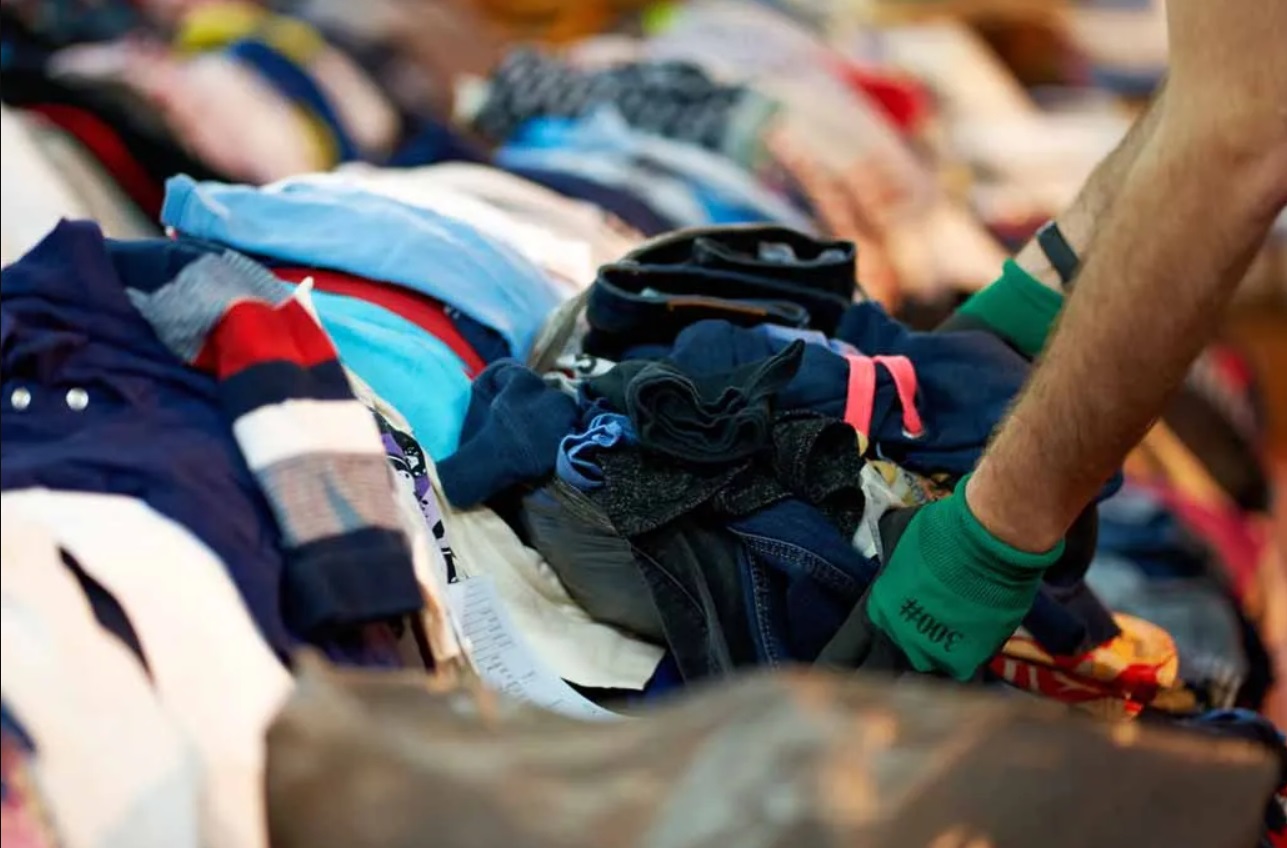
The 2024 Textiles Market Situation Report by WRAP paints a mixed picture of the UK's clothing industry. While there's good news in terms of declining clothing costs and a rebound in consumption, significant challenges remain regarding textile waste.
The WRAP report reveals average cost per item of clothing in the UK has dipped 2 per cent to £16.70 ($20.84) in 2023, a trend observed since 2015. At the same time, while COVID-19 initially caused a significant drop in textile consumption, with a decrease of 330,000 tons between 2019 and 2020, consumption figures rebounded swiftly, reaching 1.42 million new textile products in 2022, nearing pre-pandemic levels.
Shifting import landscape
Pre-2021, the report identifies a decline in both the value and volume of textile imports and exports. This is likely due to a combination of Brexit and pandemic disruptions to global trade. While import volumes have recovered by 12.5 per cent post-2021, they haven't reached pre-pandemic levels. Notably, the report highlights a rise in import costs despite a lower volume, suggesting a shift towards more expensive imports (£ per kg ratio).
“The decline in clothing costs is a positive trend for consumers,” says spokesperson for WRAP. “However, the high volume of discarded textiles remains a significant concern. We need to encourage a more circular approach to fashion, with greater emphasis on reuse and recycling.”
Table: Key findings from WRAP report
|
Indicator |
2019 |
2020 |
2021 |
2022 (estimated) |
2023 |
|
Average Clothing Cost (£) |
17 |
N/A |
N/A |
N/A |
16.7 |
|
Textile Consumption (tonnes) |
1.75 million |
1.42 million |
N/A |
1.42 million |
N/A |
|
Import Volume (percentage change) |
N/A |
N/A |
Decline |
+12.5% |
N/A |
|
Discarded Textiles (tonnes) |
N/A |
N/A |
711,000 |
N/A |
N/A |
Despite positive trends, the report raises concerns about textile waste. In 2021 alone, a staggering 711,000 tons of textiles were discarded, with nearly half (49 per cent) ending up in general waste.
The WRAP report underscores the need for a multi-pronged approach to ensure a more sustainable future for the UK's clothing industry. While declining costs and rebounding consumption are positive signs, tackling textile waste through consumer awareness and industry initiatives remains paramount.

Major fashion retailers H&M and Boohoo are being investigated by the UK Environmental Audit Committee (EAC) for their environmental impact, particularly on overproduction, textile waste, and lack of sustainable materials. This is a follow-up to the EAC's 2019 report, ‘Fixing Fashion: Clothing Consumption and Sustainability’. The committee is unsatisfied with the progress made by the industry since then.
EAC’s concerns
The committee is concerned about the lack of progress made by fashion brands since the 2019 report. The EAC is frustrated with the slow progress on its recommendations from the 2019 report, which the government mostly rejected. They will be questioning H&M and Boohoo on the concrete steps they've taken to reduce their environmental footprint. The UK reportedly has the fourth-highest carbon footprint from fashion among G20 nations, and the EAC is determined to address this. The concerns broadly are:
Overproduction: The EAC wants to know what steps these brands have taken to reduce excess production of clothing.
Textile waste: The Committee will question the retailers on their efforts to minimize textile waste generated during production and after garments reach consumers.
Sustainable materials: The EAC will probe how H&M and Boohoo are incorporating sustainable materials into their clothing lines.
While H&M has confirmed their attendance at the hearing, Boohoo has not yet commented. The 2019 inquiry also investigated other brands like M&S, Next, Primark, Debenhams, Missguided, and ASOS.
Possible outcomes
The EAC has a history of pushing for stricter regulations on the fashion industry. They might recommend an Extended Producer Responsibility scheme, which would hold brands financially responsible for their waste. The committee might also revisit proposals for producer responsibility charges to fund better clothing collection and recycling. A ban on incinerating or landfilling unsold stock could also be back on the table. The EAC is likely to push for stricter regulations. This could include:
Extended producer responsibility scheme: Brands would be financially responsible for waste collection and recycling.
Producer responsibility charge: A fee to pay for improved clothing collection and recycling.
Due diligence checks: Mandating checks throughout the supply chain to identify and eliminate labor abuses.
Bans on iIncineration or landfilling: Unsold stock could not be simply trashed.
The fashion industry has a voluntary agreement called the Sustainable Clothing Action Plan, which aims to reduce environmental impact. However, the EAC seems unsatisfied with its effectiveness. This probe highlights the growing pressure on the fashion industry to become more sustainable. The outcome could have significant implications for how these companies operate in the future.
The Global Fashion Summit: Copenhagen Edition 2024 is set to commence on May 22-23 at the Copenhagen Concert Hall, marking its 15th anniversary. Hosted by the Global Fashion Agenda (GFA), a non-profit organization dedicated to propelling the fashion industry towards sustainability, the event will gather esteemed leaders to accelerate social and environmental progress.
Her Majesty The Queen of Denmark will deliver the opening remarks, underscoring her enduring commitment to sustainability since her inaugural attendance in 2009. Joining her will be over 100 speakers from renowned entities like Kering, Patagonia, and The New York Times, convening under the theme 'Unlocking the Next Level'.
As a cornerstone in fashion sustainability discourse, the Summit aims to reflect on past achievements while charting a course for future action. With looming deadlines for previous pledges, the industry faces a crucial moment to intensify efforts and address pressing societal and environmental challenges. Over 1000 stakeholders spanning fashion, policymaking, and solution provision will converge to explore actionable solutions.
The Summit's program features sessions such as 'Luxury, Leather, and Land' and 'Ending Oversupply', alongside an expanded roster of action-oriented roundtable meetings. These closed-door sessions aim to foster collaboration and address key barriers hindering sustainability progress.
Furthermore, the Innovation Forum will showcase cutting-edge sustainable solutions, offering attendees opportunities for collaboration and advancement along the sustainability journey. Federica Marchionni, CEO of Global Fashion Agenda, emphasizes the Summit's role in galvanizing industry efforts towards tangible change, signaling a shift from mere commitments to actionable goals.
With its diverse lineup and focus on practical solutions, the Global Fashion Summit 2024 emerges as a pivotal platform driving urgent sustainability progress in the fashion industry.
Following in the footsteps of Bershka, another label under the Inditex umbrella, Pull & Bear is launching a new capsule collection to commemorate the 50th anniversary of Hello Kitty.
Inspired by the style trends of early 2000s, the licensed collection offers a range of items, from a short-sleeved T-shirt priced at €15.99 to denim shorts at €35.99. It features garment pieces like a denim top, a pink denim mini skirt, and a tulle shirt, predominantly in shades of white and pink.
The collection is complemented by various accessories, including socks adorned with the iconic character’s logo, a bandana, a shoulder bag available in pink or denim, a rhinestone belt, and assorted jewelry pieces such as necklaces in various styles. These items are already available online, with plans to hit stores on May 13.
Headquartered in Narón, A Coruña, Pull & Bear was founded in 1991 and is part of the brand portfolio managed by Marta Ortega, which also includes Massimo Dutti, Bershka, Stradivarius, Oysho, Zara, Zara Home, and Lefties.
Spanning over 200 markets through its online platform, the brand reported a 10 per cent increase in net sales in the last fiscal year, reaching a total of €2.359 billion.
Reebok has unveiled a new initiative in the field of digital fashion with its launch of 'Reebok Impact' on Instagram. Merging the world of sneakers with artificial intelligence, this innovative experience allows users to design personalised digital footwear.
The interactive platform invites Instagram users to embark on a creative journey by sending their photos via DM to @reebokimpact. Through real-time conversations with Futureverse's AI, users can design bespoke Reebok digital sneakers inspired by the colors and styles of their submitted images. Whether it's the iconic Pump, Classic Leather, or Club C models, individuals can select their preferred Reebok shoe and further customise it with AI-generated artwork.
This unique experience is offered at no cost for up to four digital sneaker creations. Users can then share their designs or opt to purchase them as game-ready files compatible with popular platforms like Unreal Editor for Fortnite (UEFN) and Roblox. These digital creations will also integrate seamlessly into various virtual experiences, including the highly anticipated AAA MMO game OPEN, developed by the minds behind Ready Player One.
Todd Krinsky, CEO, Reebok says, Reebok Impact is a groundbreaking initiative to engage a broader audience and revolutionise the digital fashion landscape.
Moreover, the platform enables users to discover incentives for real-life sneaker purchases, fostering deeper engagement and connection with the brand.
Shara Senderoff and Aaron McDonald, Co-founders, Futureverse, view Reebok Impact as the beginning of a journey that sets the future of fashion by merging personal expression with AI-driven innovation.
The government has set an ambitious goal of reaching $100 billion in textile exports by 2030, and is taking targeted measures to address the challenges hindering growth, says Rachna Shah, Textile Secretary.
During April 2023-March 2024, India's textiles and apparel exports declined by 3.24 per cent to $34.4 billion, compared to $35.5 billion in the previous fiscal year. Attributed in part to challenges like the Red Sea crisis, this decline underscores the need for strategic intervention.
Despite geopolitical complexities, Shah noted that some exporters have seen improvements in their order books in the first quarter, indicating a potential upswing in shipments in the coming months. To capitalise on this momentum, the government plans to concentrate efforts on products with high export potential, leveraging schemes like the production linked incentive (PLI) scheme.
Furthermore, Shah emphasised exploring new markets and maximising the benefits of free trade agreements (FTAs) to expand India's textile exports. While acknowledging the competitive advantages of countries like Bangladesh and Vietnam in the global garments trade, Shah expressed optimism about India's ability to regain momentum, buoyed by improving global demand and positive early indicators in the sector.
With Bangladesh slipping from the fifth to the tenth position among its largest export destinations between fiscals 2023-2024, India's export landscape has undergone a significant transformation. Coupled with fears of payment defaults, this decline stems from the substantial forex crisis being faced by Bangladesh currently.
During FY24, India’s merchandise exports to Bangladesh declined by 9.5 per cent Y-o-Y to $11.06 billion from $12.22 billion in FY23. As per industry experts, these exports are expected to decline further in the current fiscal year. Despite being a significant trade partner for India, exporters are exercising autonomy in their commercial decisions. They are adapting to the situation by redirecting goods typically destined for Bangladesh to alternate markets and exploring new destinations.
Acknowledging the need to offset the export deficit resulting from Bangladesh's forex crisis, the government is strategising to tap into other markets. India's exports to Bangladesh have plummeted from over $16 billion in 2021-22 to around $11 billion in 2023-24, necessitating a shift in focus towards other potential markets.

